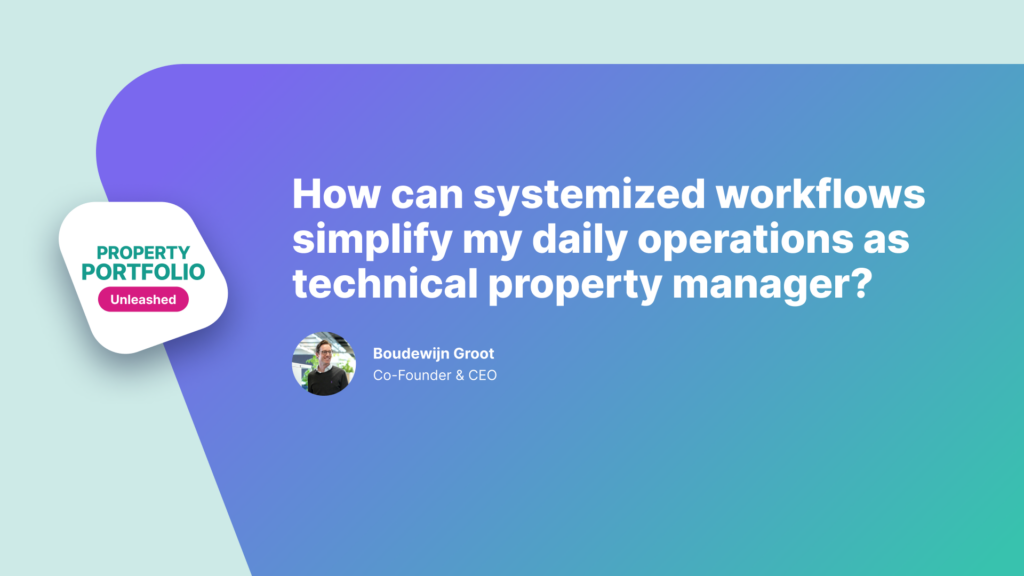Key Takeaways
The property management industry is facing a significant talent shortage.
A centralized system can help retain knowledge and data even when employees leave.
Digitization and automation can lead to happier employees and less staff turnover.
Technology can help property managers transition from a reactive role to a more proactive one.
Using a centralized system for document storage and communication enhances compliance management.
In this blog post, we are going to explore how property management companies can leverage data and technology to address staff shortages. It has become increasingly clear, especially after numerous conversations with directors and heads of property management, that our industry is facing a significant talent shortage. The challenge lies not only in finding the right people but also in retaining them.
The war on talent in Property Management
The property management sector, and indeed the entire real estate industry, has traditionally served as the entry point for many young professionals into the industry. Many start their careers as property managers, gaining valuable experience and knowledge about managing buildings, before moving on to roles such as asset managers or project managers.
However, these young professionals, fresh out of university, are also keen to use technology. They are not happy with just using email, Excel files, and PDFs. So, how can a property management company cope with high staff turnover?
The importance of a centralized system
Firstly, it is crucial to work in a centralized system. If an employee leaves, all their data and knowledge should still be saved within that same system. This includes files, maintenance plans, projects, certificates, preferred suppliers, and so on.
Moreover, it is equally important to communicate through this same system. If communication reverts back to email and an employee leaves, a lot of qualitative data and knowledge can be lost. Ensuring that this does not happen will prevent project delays, loss of documents, and ensure continuity of best-in-class property management, particularly towards the tenants.
The benefits of a centralized system
The war on talent is not limited to property management companies. Landlords, service providers, tenants – all face similar issues. Thus, it is incredibly beneficial to communicate and collaborate with all these different stakeholders through the same centralized system. This ensures that all information and data is captured and accessible, even if someone leaves the company.
The role of technology in employee satisfaction
Smart technology leads to happier employees. Nobody enjoys being bogged down with repetitive tasks or administrative work. Digitization and automation make work much more enjoyable for every property manager in the industry. It also ties employees closer to the company, as they do not have to do all the repetitive work that they might have to at a competitor.
By reducing the administrative burden, employees have more time and space for job satisfaction, client attention, and company growth. The role of a property manager in the industry can change from a reactive role to a proactive one, where they can consult and advise landlords or clients on how to deal with certain tenants and how to make the buildings more sustainable.






